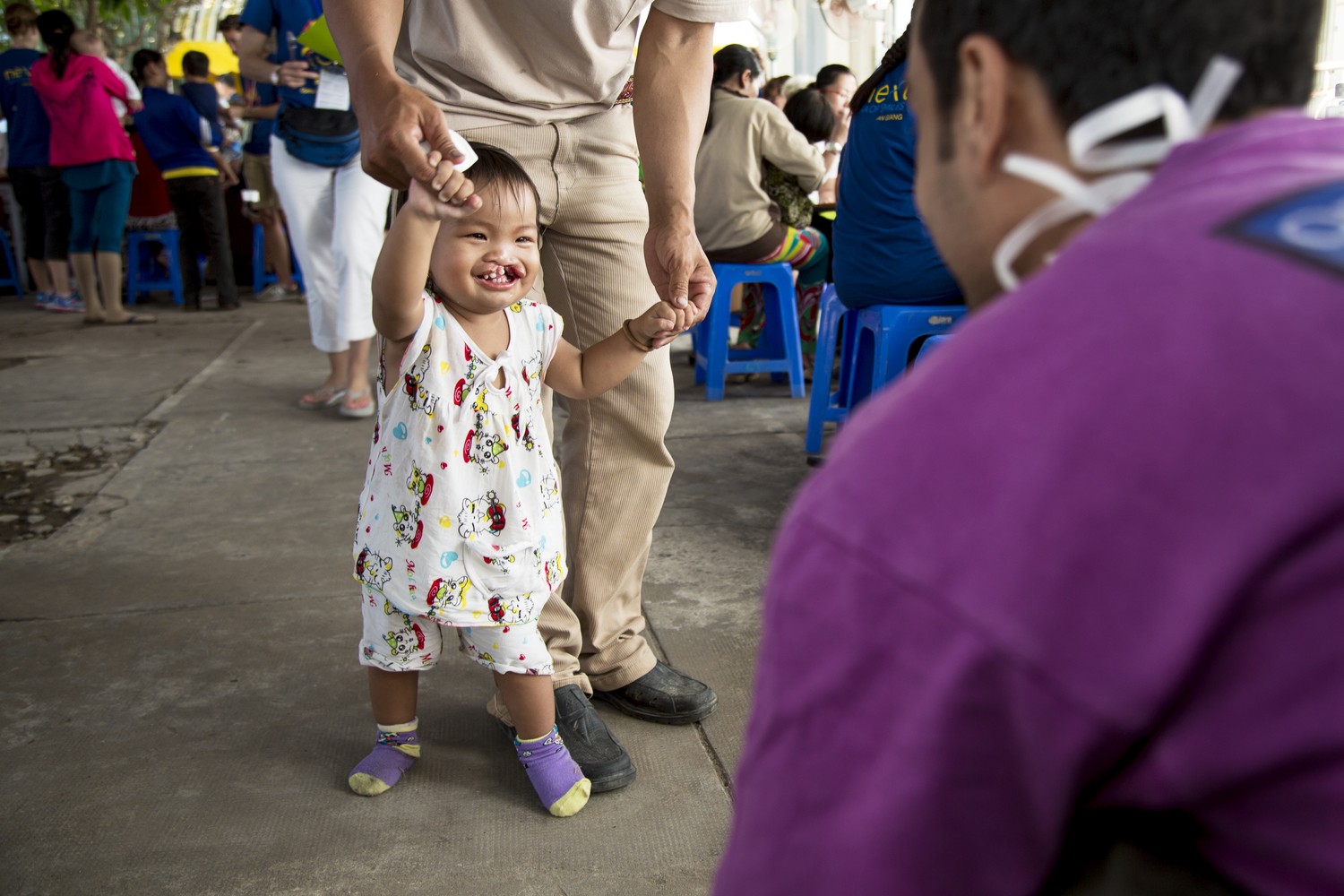Celebrate World Health Day with us as our promise of improving health and dignity during the COVID-19 pandemic endures. We’re helping front-line health workers stay safe, nourished and empowered to better serve their patients by providing life-saving supplies and equipment, as well as remote training to bolster their response. We’re also providing nutritional assistance, hygiene kits and virtual health services to support people and their health needs so they can thrive. If you can, when you can, help us keep our promise to care for children and create hope for tomorrow.
Celebrated every year on April 7, World Health Day creates awareness of a specific global health topic every year.
To draw attention to a concern affecting people all around the world, the World Health Organization deemed 2021’s theme as “Building a fairer, healthier world.”
Yet, the world we live in is an unequal one.
While we’ve known this to be true, health care inequities, especially in low- and middle-income countries, were further exposed by the COVID-19 pandemic.
Health systems everywhere were hit by the virus, but its impact hit hardest on communities which were already vulnerable.
Even before COVID-19, many families struggled to access basic health care.
All around the world, many people have little or no access to safe medical care, which leads to unnecessary suffering.
The accessibility of resources that enable some people to live healthier lives is often entirely based on the developmental conditions of the countries where they are born, grow, live and work.
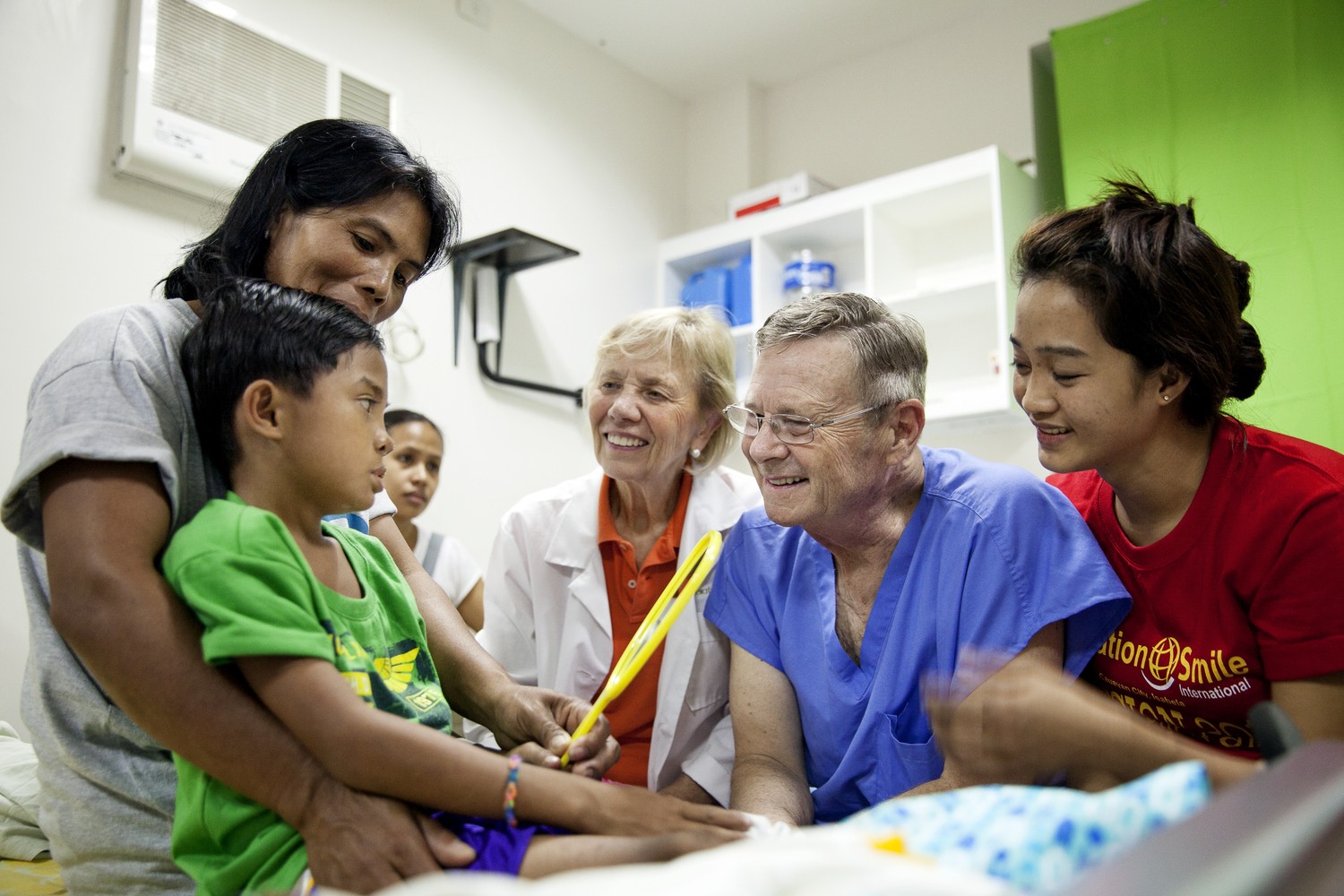
Mothers and fathers should never encounter a moment where they’ll need to choose between feeding their family or using their weekly income to afford much-needed medicine for one of their children.
But for many of the families we serve, this is oftentimes the harsh reality they face.
This is not only unfair – it is preventable.
At Operation Smile, we believe that everyone deserves access to safe medical care and that access to safe surgery is not a privilege, but a universal human right.

Through its work providing life-changing surgery and related care to underserved communities, Operation Smile is helping to build a fairer, healthier world.
We’re committed to providing patients with health that lasts and will continue to advocate for access to quality health services in areas of the world where it is needed most.
“We must collectively work to strengthen surgical systems to be more reliable in order to create a fairer and healthier world,” said Desmond Jumbam, Operation Smile’s health system strategist. “We must engage with policy and decision-makers to ensure that they prioritize health care, including surgical systems, to be able to care for their own people.”
Desmond added: “Operation Smile’s policy and advocacy team aims to generate the evidence needed to inform the development of policies that prevent unnecessary deaths and suffering caused by cleft lip, cleft palate, and other surgically treatable conditions. For policies that have been developed, we aim to move them into implementation. We aim to do this in partnership with local and international partners, leveraging our collective strengths to challenge the status quo. To attain this lofty goal, we must all work together and urgently.”
Worldwide, it’s estimated that every three minutes a child is born with a cleft condition.
Children who are born in higher-income countries have opportunities to receive care shortly after birth.
But for many people living in areas of the world where access to care and resources is limited or local hospitals simply lack the proper infrastructure needed to safely perform cleft surgery, their healthier and brighter futures remain out of reach for months, years, or sometimes even an entire lifetime.
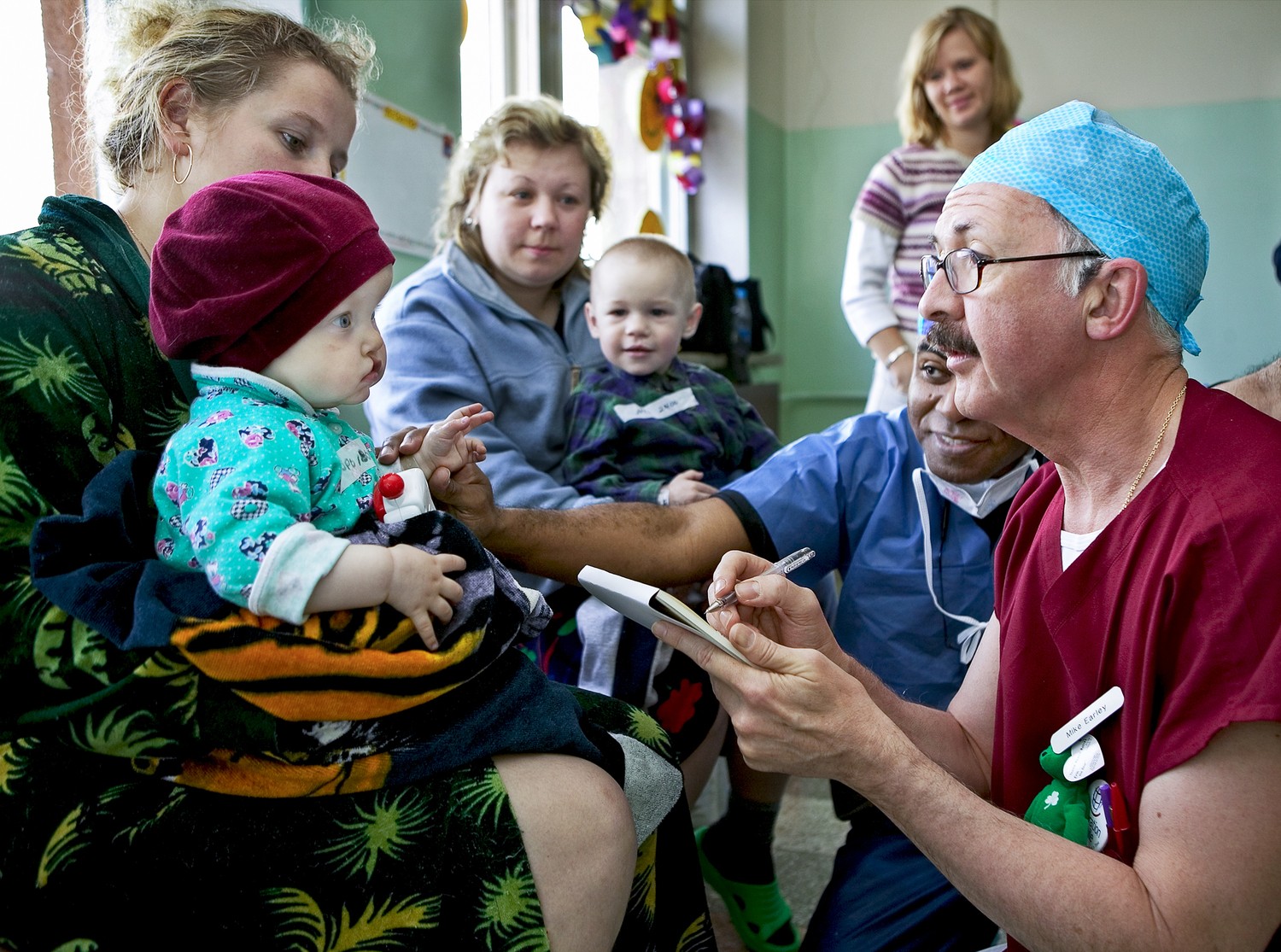
This inequality leaves patients in the most remote parts of the world unable to receive care for their cleft conditions until much later in life.
In some instances, the remoteness of certain communities prevents people from even knowing that a solution was possible.
Justin was 53 years old before even learning that surgery to repair his cleft lip existed.
He is from a remote village in Madagascar, and his journey to receive care required 24 hours of travel to reach Antsirabe and the Operation Smile Madagascar medical mission site.
There are many families who travel even farther to get to our care.
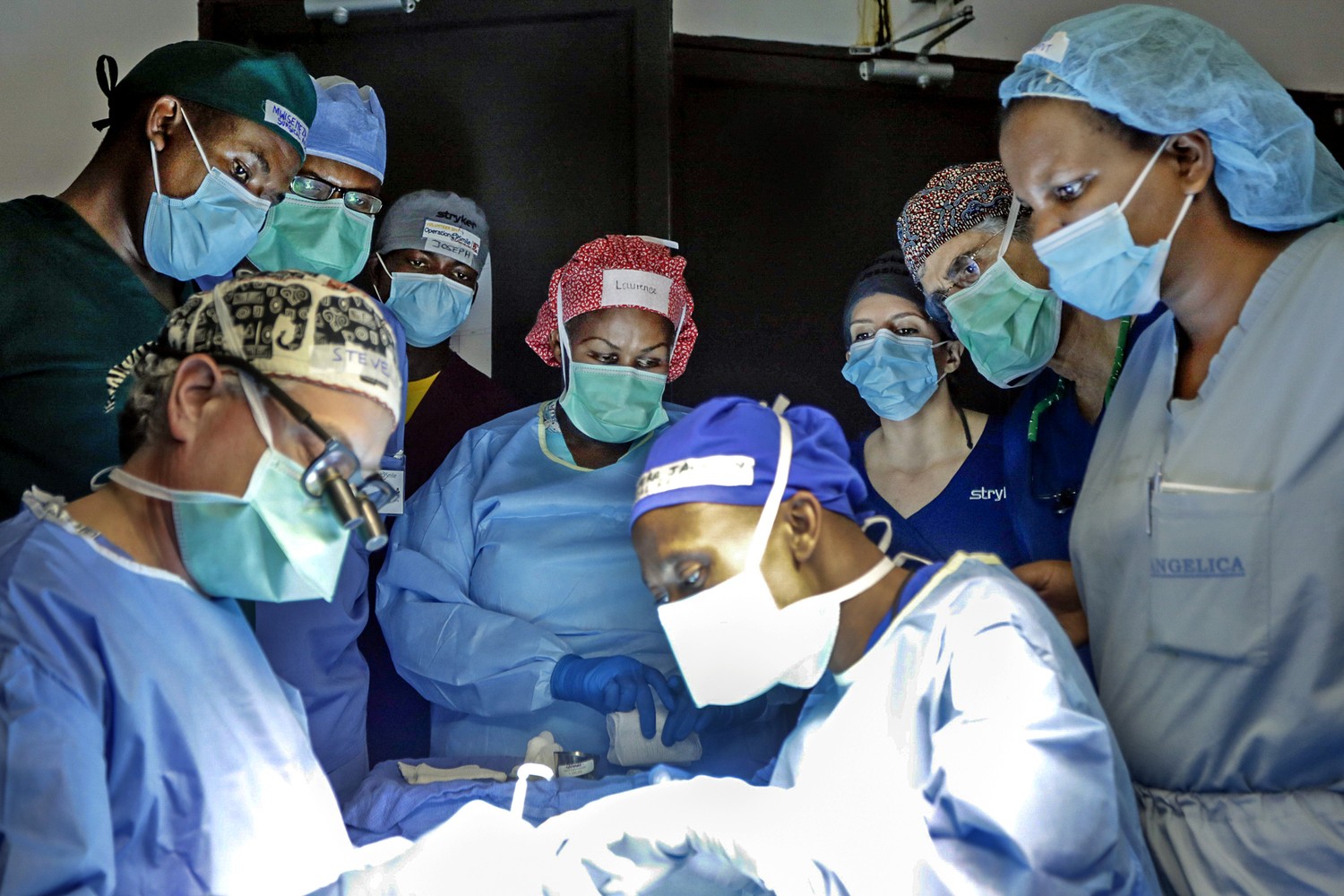
These are the stories that have inspired the creation of our education and training programs in countries like Rwanda and Ethiopia.
Building capacity and strengthening the skills of local health workers enable patients like Justin to receive surgery closer to their communities.
Lack of financial resources is another barrier to care in many countries.
The cost of cleft surgery can be a devastating expense, leading to overwhelming despair and hopelessness. For our patients, the care we provide is free.
But our level of commitment to patients shines brightest in the work we achieve after the surgery is over.
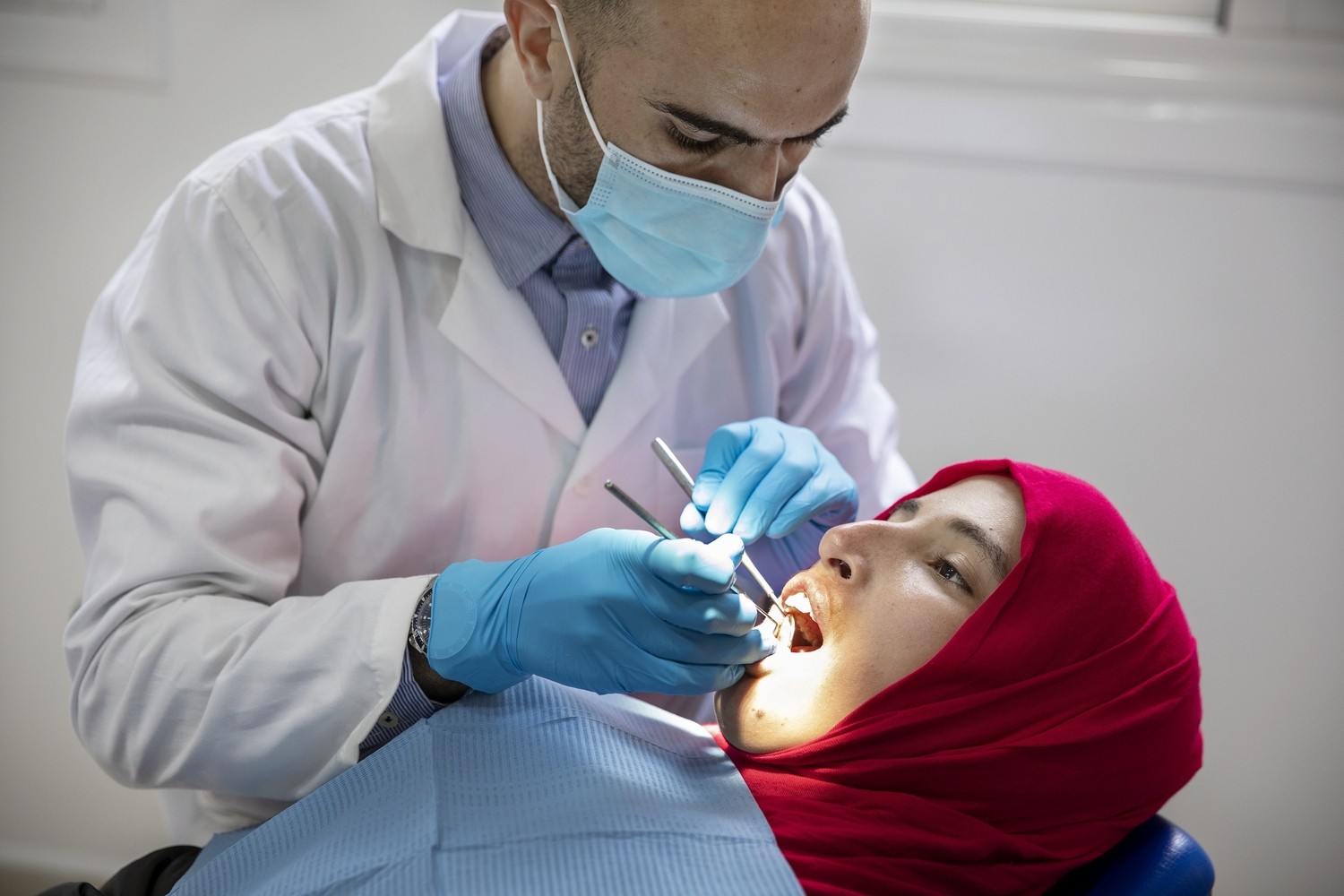
Over the years, we recognized that in order to treat the whole patient, we must go beyond just one surgery.
Through our approach to increasing the accessibility and availability of ongoing services like speech therapy, dentistry, nutrition, and more, our community of medical professionals brings comprehensive care to those who need it most.
We don’t think that families should have to sacrifice their livelihoods to pay for the surgery and medical care they need to stay healthy.
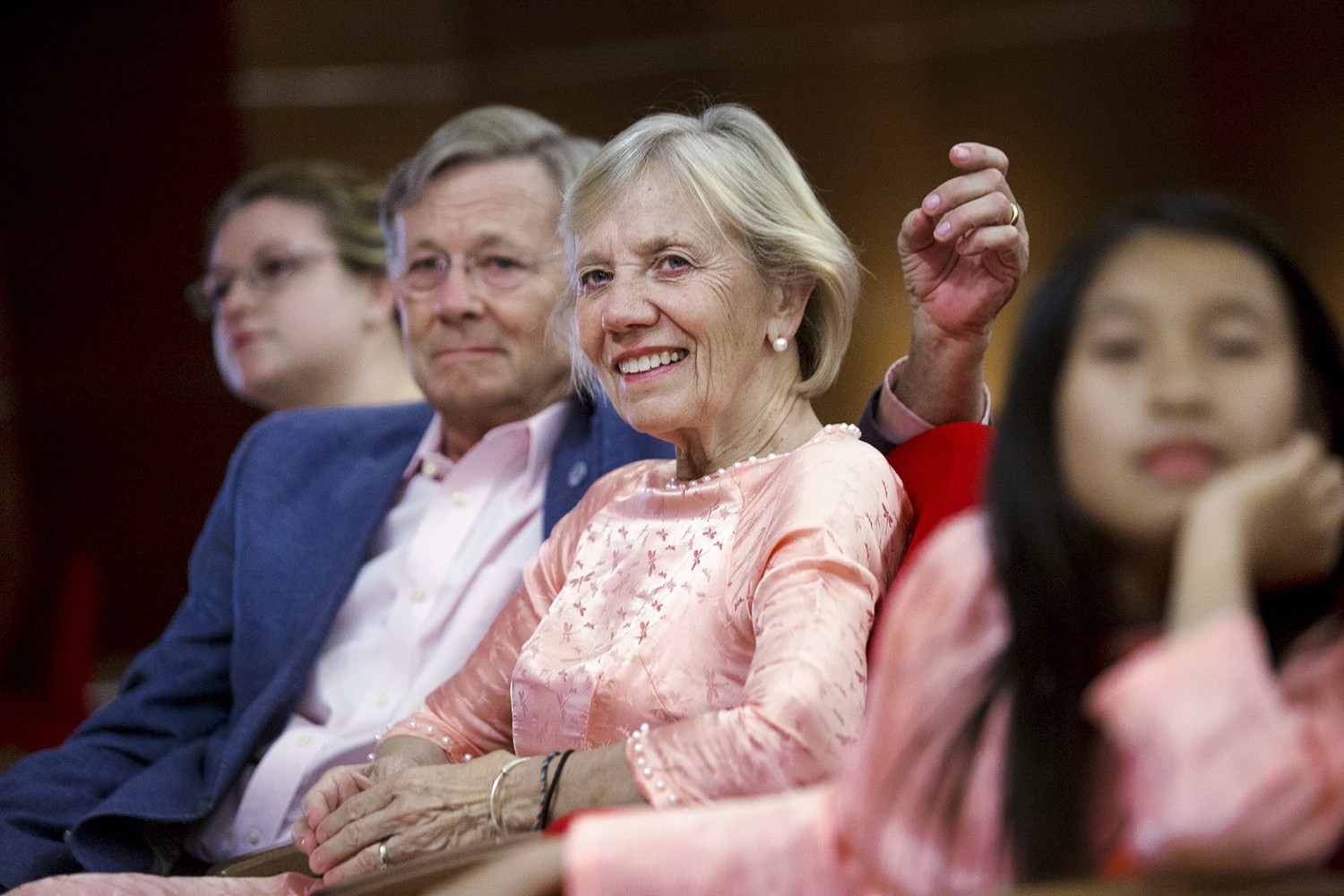
Founded in 1982 by Dr. Bill Magee and Kathy Magee, Operation Smile exists so a child or parent doesn’t have to feel alone – bringing families renewed hope through free cleft surgery and related care, at the quality you’d expect for you and your loved ones.
Seeing a family’s relief and hope firsthand after their child receives a long-awaited surgery reinforces why our work must continue.
Join us on World Health Day to celebrate our teams around the world who continue working toward health for a lifetime, not just one time.
